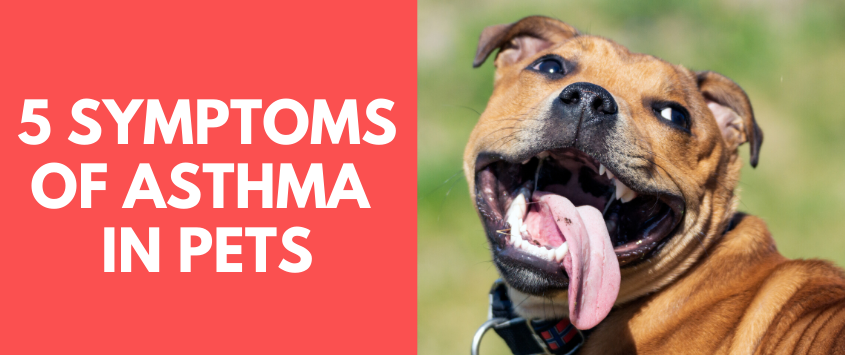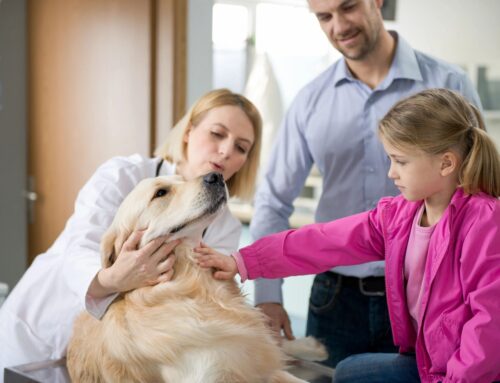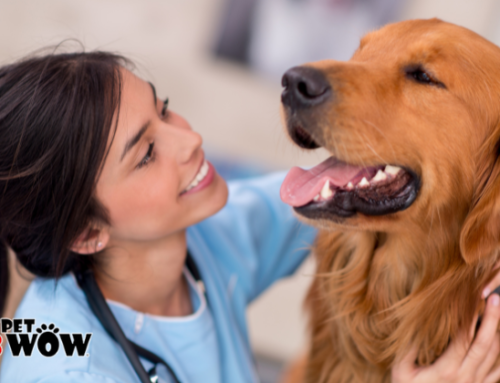5 Symptoms of Asthma In Pets
Asthma is a prevalent and occasionally disabling condition that impacts millions of people around the world. While it’s associated with humans, it’s also a frequent issue for many of our pets. Asthma is often a frightening condition and, if left unaddressed, can endanger the life of your pet. It is critical to recognize the symptoms of asthma and to contact your veterinarian if you believe that your cat, dog or other pet suffers from the condition. Below are some indications that your pet may battle asthma.
Severe Panting
Animals don’t possess many sweat glands, and as a result, pant when overheated and exhausted. This is entirely normal and shouldn’t be alarming if it is taking place when anticipated, like in hot weather or following exercise. However, if you observe your pet panting heavily and for extended periods, even with little exercise and in routine conditions, contact your veterinarian. Be aware of broad-mouth breathing, in addition to heavy chest movement.
Decreased Appetite
Asthma might cause the lungs to grow hyperinflated, compressing the animal’s stomach. These complications may result in stomach pains or a sense of fullness, even though the animal has not consumed an adequate amount of food. This is dangerous as it can cause poor nutrition, further aggravating your pet’s asthma. Monitor your pet’s eating patterns if you think they may have the condition.
Difficulty Breathing
Symptoms such as coughing, wheezing and always being out of breath are strong signs of asthma. These things can accompany specific colds and flu, yet if they are persistent then your pet could have the condition. If your pet is exhibiting these signs, even temporarily, contact your veterinarian. They can aid with diagnosis and care.
Reduced Energy
Because of insufficient oxygen, your pet may experience a general shortage of energy. This can include becoming sluggish and showing intolerance to any substantial level of exercise. They may not be capable of handling extended walks or might even object to going for walks altogether. If you observe that your pet has become reluctant to exercise like they once did, contact your veterinarian.
Pale Gums
If your pet’s gums look blue or pale, promptly seek support. This indicates a potentially serious asthma attack and may result in significant complications including death if not handled correctly. If your pet has been demonstrating additional signs of asthma, it is essential to examine their gums routinely for this condition.
Thanks to a wealth of treatment options, most asthmatic pets can live regular, enjoyable lives, as long as their owners closely follow their veterinarian’s directions. Also, by adopting measures to minimize asthma triggers—like not smoking and dusting routinely — the prevalence of asthma symptoms decreases.
There may be no cure for pet-related asthma, but there are numerous ways to ensure the condition doesn’t hinder a pet’s ability to lead a good life. Remain alert, be aware of the warning signs mentioned above, and contact your veterinarian if you have any concerns or questions.
For the past 48 years, more than 20,000 area pet owners have trusted PetWow with their animals. Give our team of professionals a call today at 513-738-9691 to schedule an appointment. For more pet care tips, follow us on Facebook, Twitter, Instagram, Pinterest or LinkedIn!







